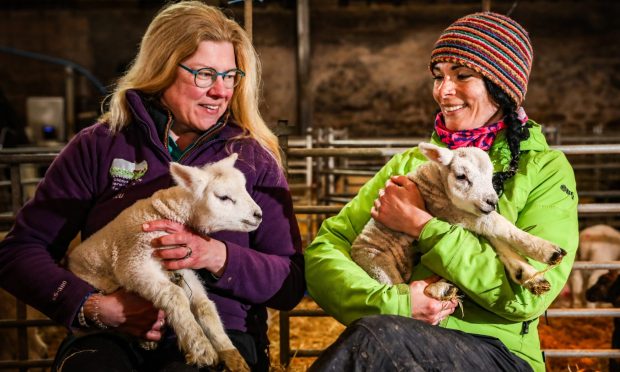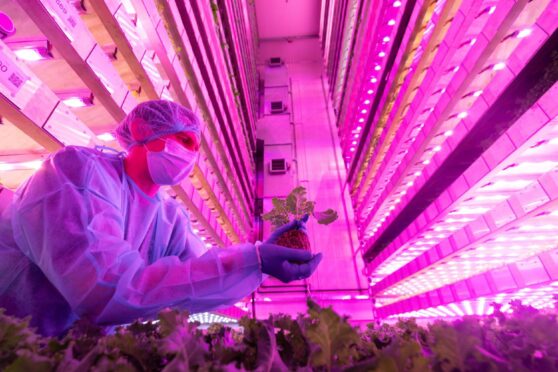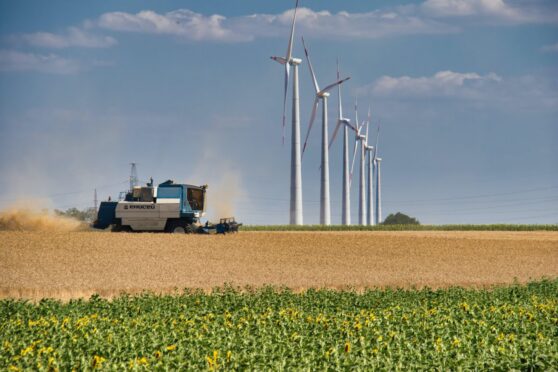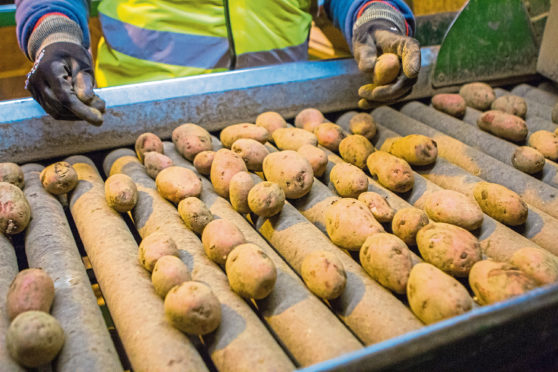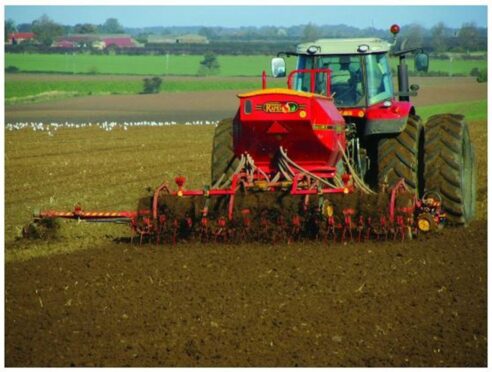Many farmers will suffer from lower prices this harvest or from livestock sales as a result of Covid-19.
I also suspect there will be an effect on land prices, but probably not downwards.
The impact of Covid-19 has stopped the marketing of most farms, but there are still a number of private deals concluding and the market has started to open up again. It will be interesting to see over the next few years if there is an impact from Covid-19 on who is buying and what they are buying.
We act for hundreds of landowners and the majority are traditional family farms. We also have many clients who are non-farmers such as non-resident owners, family trusts, institutional investors, and lifestyle owners. The economic impact on other areas of the economy will increase the interest in agricultural land, forestry and renewable assets from non-farming buyers.
Pension funds and investors who own commercial, retail and office space will have seen values of their properties plummet and little hope of recovery over the short to medium term. Landlords of retail property are seeing tenants going into liquidation or negotiating reduced rents.
The high street retail property valuations have been dropping, but the crisis has caused values to collapse in most areas. The pandemic has accelerated a move to flexi-working and it will undoubtedly become the norm for employees to work at home some or all the time.
Employers will subsequently benefit from reduced costs due to less office floor space being required. With an over-supply of office space, rents and returns will drop for landlords.
Agricultural land, forestry and existing renewable assets will increasingly be seen as a safe haven for investors and wealthy individuals looking for a home for their money.
Farmland offers a secure investment, but with a relatively low return of capital. Renewable assets such as wind turbines make great assets for pensions funds looking for a good yield from a green investment.
The demand for forestry will fuel the interest in some upland farms which might be difficult to sell as commercial farms. Forestry has offered an excellent capital growth, which is tax free and again deemed to be a safe green investment.
With remote working there will be High Net Worth individuals looking to relocate and move from cities to rural locations. Whether it is investors realigning their property portfolios or wealthy individuals relocating to the countryside, it seems the number of possible buyers will have increased as a result of Covid-19. Is this all bad for farmers? I do not think so.
For decades land values have been influenced by many non-agricultural factors and tax. New investors into the industry spend money. Non-farming owners often provide opportunities to lease land, offer contracting options, improve fences and drainage and build and generate economic activity in the local community. Every buyer needs a seller and there are many farms with no succession in place who will be looking to sell and retire. Lifestyle or investors might provide the only option for exit and retirement.
Ironically, the only area that is not pointing to an increase in land prices is the future profitability of farming, especially livestock farming. Threats of an increase in competition from world trade deals, pressure on household incomes, labour shortages and changing consumer habits all point to a difficult few years. It is going to be a tough time for agriculture, but I do not see land prices collapsing like many office and retail property in the UK.
Andy Ritchie is a partner and head of the rural team at Campbell Dallas.

